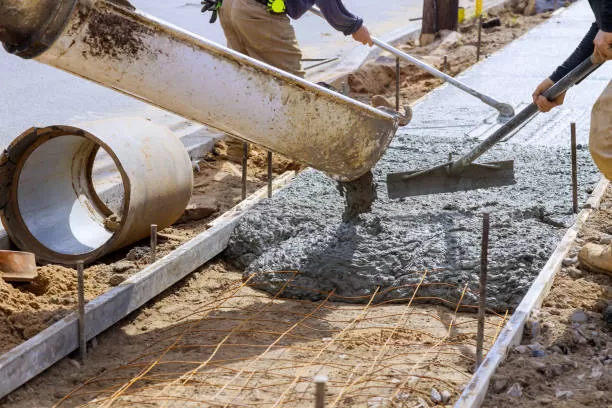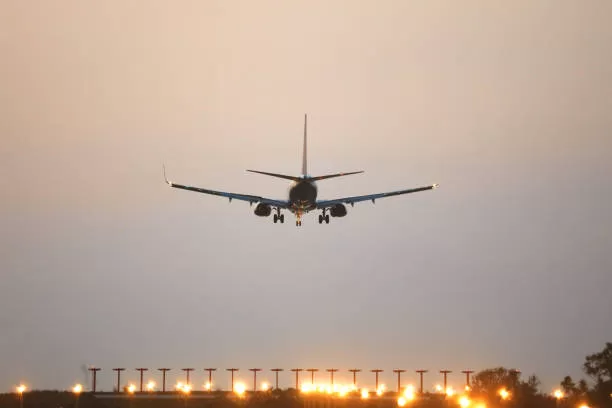
Road and Rail Ministries exceed Rs 2 trillion capex in 4 months.

JK Lakshmi Cement posts Rs 190.24 mn loss in Q2; revenue dips 2.2%
JK Lakshmi Cement reported a consolidated net loss of Rs 190.24 million for the second quarter ending September 30, 2024, attributing the downturn to a drop in sales realisation. This was a significant change from the previous year when the company recorded a profit of Rs 950.87 million during the same period, as indicated by JK Lakshmi Cement (JKCL), the flagship company of JK Organisation. Revenue from operations for the September quarter decreased by 2.16 per cent to Rs 12.34 billion, compared to Rs 15.74 billion in the year-ago period. Additionally, JKCL's total expenses were slightly low..

Epsilon partners with S Korean firm for high-capacity Li-ion batteries
Battery material manufacturer Epsilon Advanced Materials announced that it has partnered with South Korean firm Daejoo to develop a Silicon-Graphite composite aimed at enhancing the discharge capacity of lithium-ion batteries. Under this joint initiative, the two companies have set an ambitious goal to create materials for lithium-ion batteries with a capacity of 450 - 600 mAh/g, targeting a 50 per cent increase in discharge capacity and a life span extended by thousands of cycles, according to Epsilon. As part of this collaboration, Epsilon will supply synthetic Graphite to be utilised in..

Govt plans next phase of airport privatisation in 2025-26 Budget
The central government is preparing to initiate the next phase of airport privatisation and development under the public-private partnerships (PPP) model following the 2025-26 Budget, as per information from three officials familiar with the plans. According to a senior official from the Ministry of Civil Aviation, the cabinet note outlining the next phase of airport privatisation is nearly finalised and will be presented to the Ministry of Finance next week, before being forwarded for Cabinet approval. The official further indicated that the central government is keen to begin this process ..













